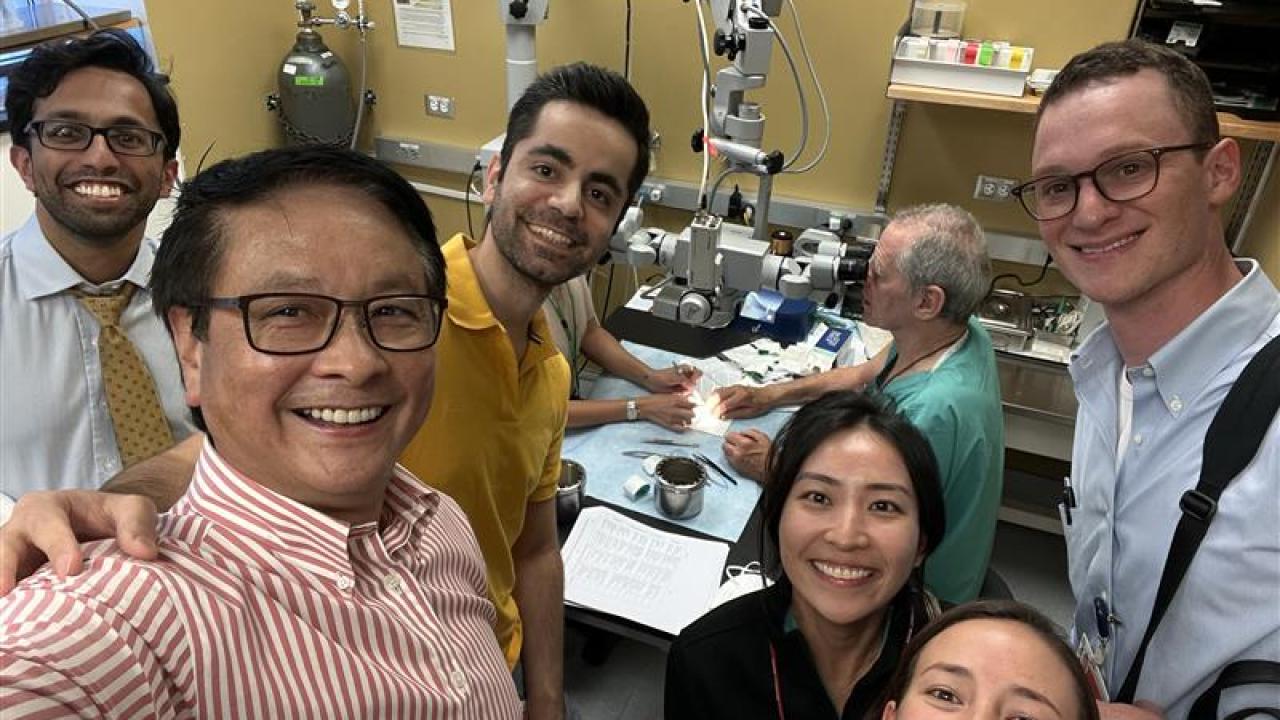


Department of Urology
Under the direction of Dr. Larissa Rodriguez, M.D., Chair of the Department, our world-renowned physicians collaborate with Radiology, Medicine and Pathology to provide optimal diagnosis and treatment to enhance patient outcomes.
About Us
Our Services - Department of Urology at Weill Cornell Medicine
The Department of Urology at Weill Cornell Medicine is committed to providing our patients with effective and emerging new therapies in urologic care in a compassionate environment. Watch our overview video to learn about our services and meet the team.

Our Patient Care
Our patient care website providers information about our different areas of care, the conditions we treat and who our team of expert providers are.
To learn more about our providers or to schedule an appointment, click the button below.

NewYork-Presbyterian Hospital-Columbia and Cornell has been ranked #4 Best Hosptial for Urology by the 2025 U.S. News & World Report. We are proud to partner with NewYork-Presbyterian Hospital who has been ranked a top hospital in New York and one of the best hospitals in the nation by 2025 U.S. News & World Report.
Department of Urology
525 East 68th Street
9th Floor
9th Floor
New York,
NY
10065
(646) 962-9600




